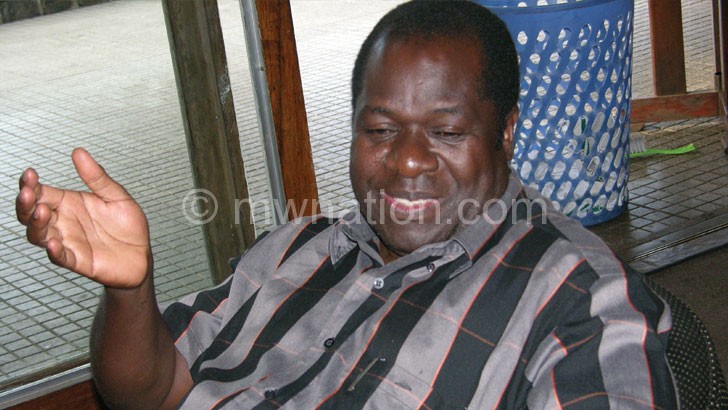Panellists blame inequality on leadership, corruption
Panellists to a debate on inequalities in the country have attributed the rising gap between the rich and poor to corruption and lack of visionary leadership.
The observation was made during a public debate organised by international charity, Oxfam, in conjunction with local broadcaster Zodiak Broadcasting Station (ZBS) on Monday night in Lilongwe.
Wiseman Chijere Chirwa, a professor at the University of Malawi’s Chancellor College, mentioned lack of visionary national leadership and worsening corruption as some of the factors that have worsened poverty while a few elite become richer.

He said: “There have been rising inequalities with concurrent cases of corruption and fraud, what is the correlation? Or, is this just a coincidence?
“The inequality must be first explained by asking the fundamental question why this happening, the focus on access to services is and whether there are rules to protect the poor are crucial. The laws that govern the access to resources favour the rich. Even those who get a coupon in this country have a direct link to a Cabinet minister or the MP.”
Another panellist, Economics Association of Malawi (Ecama) president Henry Kachaje, said it was time the citizenry stopped being passive spectators when government’s economic policies continued bringing misery to the masses.

He also mentioned deteriorating levels in quality education, failure to implement successive well-laid national plans and corruption among the successive ruling elites as catalysts for economic stagnation which has worsened the plight of poor people.
“Improving quality of education in public schools is crucial to reversing inequality. As recently revealed, 80 percent of those students going to public universities are coming from private schools. If we continue like this, inequality will continue,” said Kachaje.
Richard Mussa (PhD), a researcher who worked on Oxfam’s report on inequality, said statistics indicate that even gains made through economic growth have failed to trickle down to poor.
He said: “Education, health and all other social our economy grew, the poor became poorer.”sectors are only benefitting the rich and even when

In an interview after the debate, presidential adviser on non-governmental organisations (NGOs), Mabvuto Bamusi, said the current administration was already addressing some of the concerns and cited the soon to be launched National Development Commission as one example.
He said: “We need to appreciate some NGOs which are pursuing a research based advocacy and today’s debate was based on a research point of view. We will welcome the various suggestions and we can assure Malawians that the President is ready to lead by example.”
Patrons to the debate included diplomats, politicians, civil society members and government officials.
Fifty years after independence, Malawi, by most measures, remain not just one of the poorest nations in the world, but also an unequal society with a majority living below the poverty line whilestruggling with poor living conditions and disease and malnutrition. n





